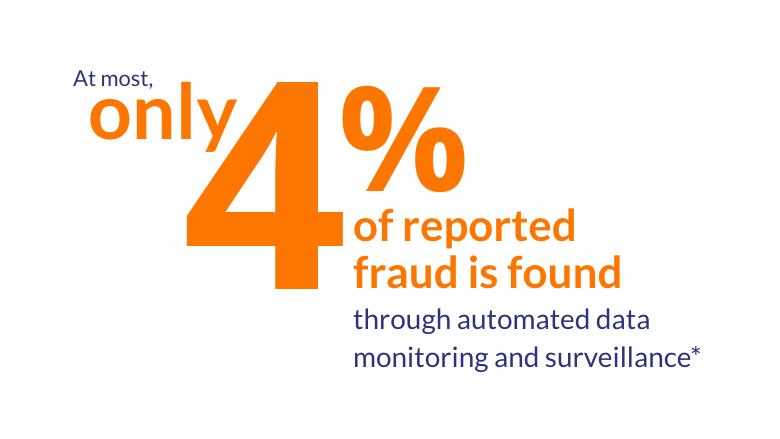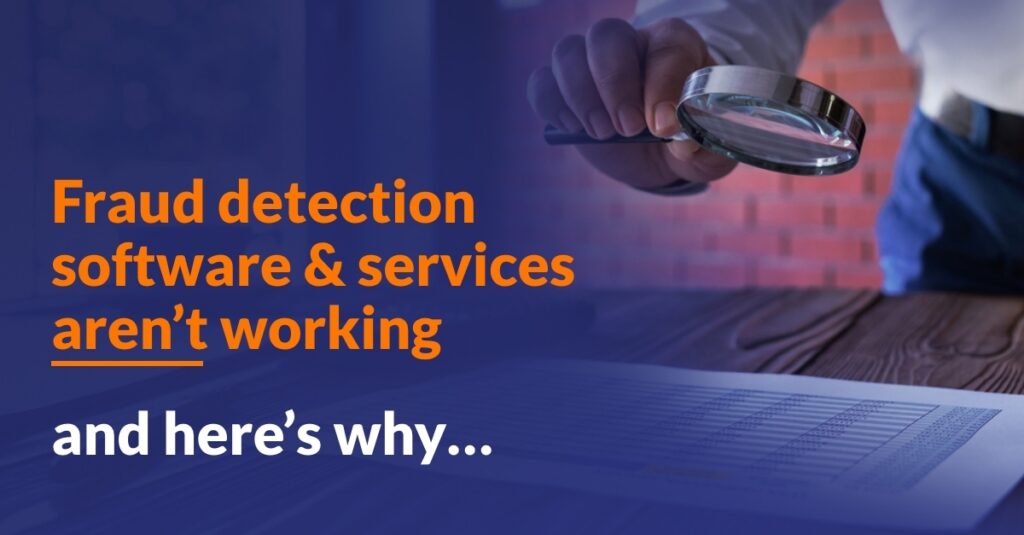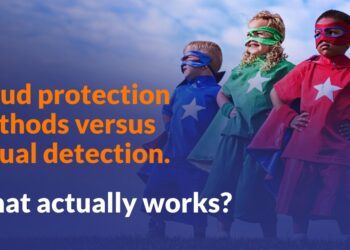From business needs to technical requirements, a slew of challenges exist that hinder fraud detection software and data analytics from hitting the mark, not just in detecting fraud but also in delivering any form of value at all.
I come from a somewhat unique position of having had roles across most fraud detection and prevention areas. My career has included roles in globally recognised companies in professional services, delivering fraud analysis as a service, in a technical pre-sales role supporting fraud and financial crime solutions and founding and leading a software development company that provides fraud protection solutions to organisations.
Considering the decade of experience I’ve had across these roles, I’ve found that in most cases, fraud detection software, and by extension, fraud analysis in general, aren’t working. Because of this, in 2019, I founded 3rdegree and started the development of a software platform that would not suffer from these common failings and challenges which I had experienced for so long first-hand and that still exist in the fraud detection and protection software solution market today.
For those fraud detection software vendors and service providers who are reading, I’m quite confident your existing marketing and canned responses to these challenges are already prepared; however, the actual reality of the value and experience your customers are receiving ultimately tells the story, take for example the latest global Report to the Nations* from the ACFE** that shows how effective software and analysis has been in detecting fraud.

*Read the full report – Occupational Fraud 2022: A Report to the Nations. (Copyright 2022 by the Association of Certified Fraud Examiners, Inc) at https://legacy.acfe.com/report-to-the-nations/2022/
**The Association of Certified Fraud Examiners (ACFE) is the world’s largest anti-fraud organization that releases its global Report to the Nations every two years focussed on occupational fraud.
In no particular order, I’ve listed below the top reasons that I’ve found that prevent fraud detection software and services from working.
A generic approach
It’s evident that every organisation has its specific challenges, unique processes, and data sources. However, I’ve consistently experienced rigid, “baked in” approaches to detection. Organisations are treated with a “one approach fits all” methodology (no matter their marketing spin), leading to considerably higher false positives and, ultimately, alert fatigue. This results in valid exceptions being missed amongst all the noise.
Complicated subject matter
Fraud and the methods in which it is perpetrated can be complicated. Most software and services place high responsibility on clients to interpret, understand and follow up correctly. More likely than not, client organisations do not have the luxury of having experienced people on their team who can understand what is being presented to them. Coupled with that, most also have their main day job with limited time to work through and understand exceptions. Many times, valid exceptions are not investigated correctly and then closed as a non-issue.
Implementation
Undoubtedly, this is one of the biggest challenges faced when attempting to implement a fraud detection solution successfully or delivering analysis as a service. How do analytics and detection connect with the underlying, almost limitless, data sources while also factoring in the processes and nuances of a specific organisation? I’ve seen cases where purchased software has taken years to be implemented, and in many cases still not completely.
Too much focus on fraud
Ok, this reason may seem a little strange, but focusing purely on detecting fraud can result in what I call interpretation blindness. Think of it this way; if an exception or issue is identified and only considered as fraud or not fraud, what other interpretation could exist? Perhaps this is not fraud but undesired activity, or possibly waste in spend or, at a minimum, an example of process inefficiency? When a situation is considered in broader terms, it can provide additional value to an organisation and even prevent this currently non-fraudulent activity from leading to fraud later.
Summary
When considering a software solution or 3rd party service to protect your business against fraud, be sure to consider the challenges I’ve listed above before making your final decision. Not only will this save you considerable time and money, but it may also be the determining factor in the level of value you ultimately receive from your decision.


